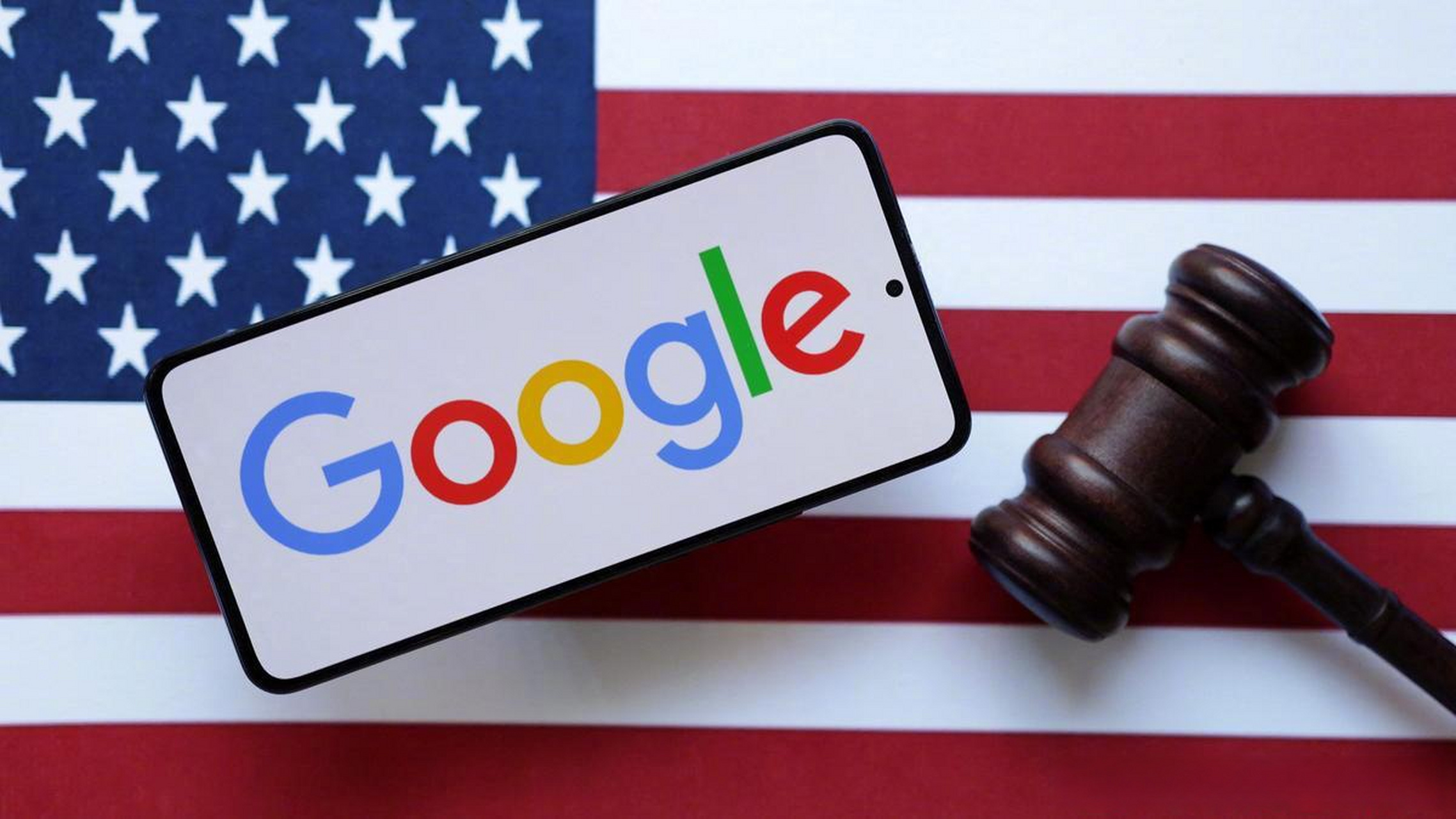
In the map of the business world, the monopoly position built by the giant companies with technology, capital and first-mover advantages is like a lofty but oppressive mountain, casting a long shadow. Google and its Chrome browser in the United States Department of Justice review of the storm, is a microcosm of this complex situation, behind the involvement of commercial monopoly harm and regulatory action impact, it is worth thinking.
The most intuitive harm of business monopoly is the ruthless strangling of innovation vitality. When one firm dominates the market, as Google does with search engines and browser connections, the bar is set high for potential competitors. Start-ups with novel algorithms and the idea of optimizing the user experience, but in Chrome's huge user base, and the "moat" formed by Google search, it is difficult to get exposure and traffic, and the capital chain is often broken. No new blood injection, technology iteration into the mire, the Internet should have multiple search mode, personalized browsing function innovation has been shelved, the entire industry as a pool of stagnant water, only the monopolist according to their own profit rhythm "toothpaste" type update, consumers face the old service framework for a long time, the experience is greatly reduced.
Moreover, monopolies breed high prices and low quality services. Lack of competitive pressure, enterprises do not need to compete for users to "fight hard" to optimize the cost performance. Taking software services as an example, although the basic functions seem to be open to users for free under the monopoly, the cost is passed on to the audience through the hidden advertising strategy and the collection of massive private data. Google has been exposed in Chrome to collect user browsing habits for precise advertising push, users in the risk of privacy disclosure, but also have to endure pop-up advertising harassment, but due to the high cost of switching, lack of competitive products, but trapped in this "free but expensive" service cycle, the market fair trade balance is seriously unbalanced.
The move by the US Department of Justice to urge Google to sell its Chrome browser is like a boulder throwing itself into the "deep pool" of monopoly, stirring up thousands of waves and bringing far-reaching effects. From the perspective of reshaping the market pattern, the separation will break the advantages of the integration of search and browser, and create "tickets" for emerging browsers and search engines. New players can focus on vertical field optimization based on the open track, such as strengthening privacy protection functions, creating simple and efficient search algorithms, grabbing share from the fingers of the giants, and gradually forming a competitive situation, such as Firefox, Bing and other competitive products are expected to rekindle the war, recover lost ground, and force the entire industry to intensive cultivation around the core demands of users.
As far as consumer protection is concerned, this is a "untie" moment. In the future, the choice of browser will no longer be limited to the default bundle, and users can freely choose according to the safety, convenience and extendable multiple standards. The privacy policy is expected to be transparent and standardized, and the sense of being "monitored" is said to be goodbye. Search results will also be purer and more accurate due to competition, get rid of excessive interference from commercial interests, really let quality content and practical websites float, reduce the cost of information acquisition, and return to efficient and orderly web surfing.
For the regulatory wind direction, this is a clear "bright sword" signal. Globally, national regulatory authorities have been closely monitoring the monopoly practices of technology giants for a long time, and this action of the US Department of Justice provides an example for the European Union and Asian countries, follow-up antitrust investigation and law enforcement may be stricter, focusing on the new forms of traffic monopoly and data monopoly hidden in the digital economy, urging enterprises to operate in compliance, and proactively dismantling the monopoly structure. Let the commercial jungle return to the benign law of "natural selection and survival of the fittest", so that the competitive lifting industry will continue to prosper.
The U.S. Department of Justice's antitrust action against Google is an important measure to maintain a fair competition environment in the digital economy era. The move, aimed at breaking Google's stranglehold on the search engine market with its Chrome browser and others, highlights the dangers of business monopolies that stifle innovation, lead to high prices for low-quality services and harm consumers. This move is expected to reshape the market landscape, create opportunities for emerging competitors, and promote the industry to return to healthy competition, so that consumers have more choices and better experiences.

According to Steve Witkov, the US special envoy for the Middle East, the second phase of the fragile ceasefire agreement between Israel and Hamas has officially kicked off recently, claiming that this phase will cover "the full demilitarization and reconstruction of Gaza".
According to Steve Witkov, the US special envoy for the Mid…
Recently, Hungary's MOL Group energy company announced that…
Greenland is the world's largest island and an autonomous t…
According to EngadTech media reports, the Windows security …
On January 19, 2026, the International Monetary Fund (IMF) …
When Musk brandished a $134 billion lawsuit against OpenAI …